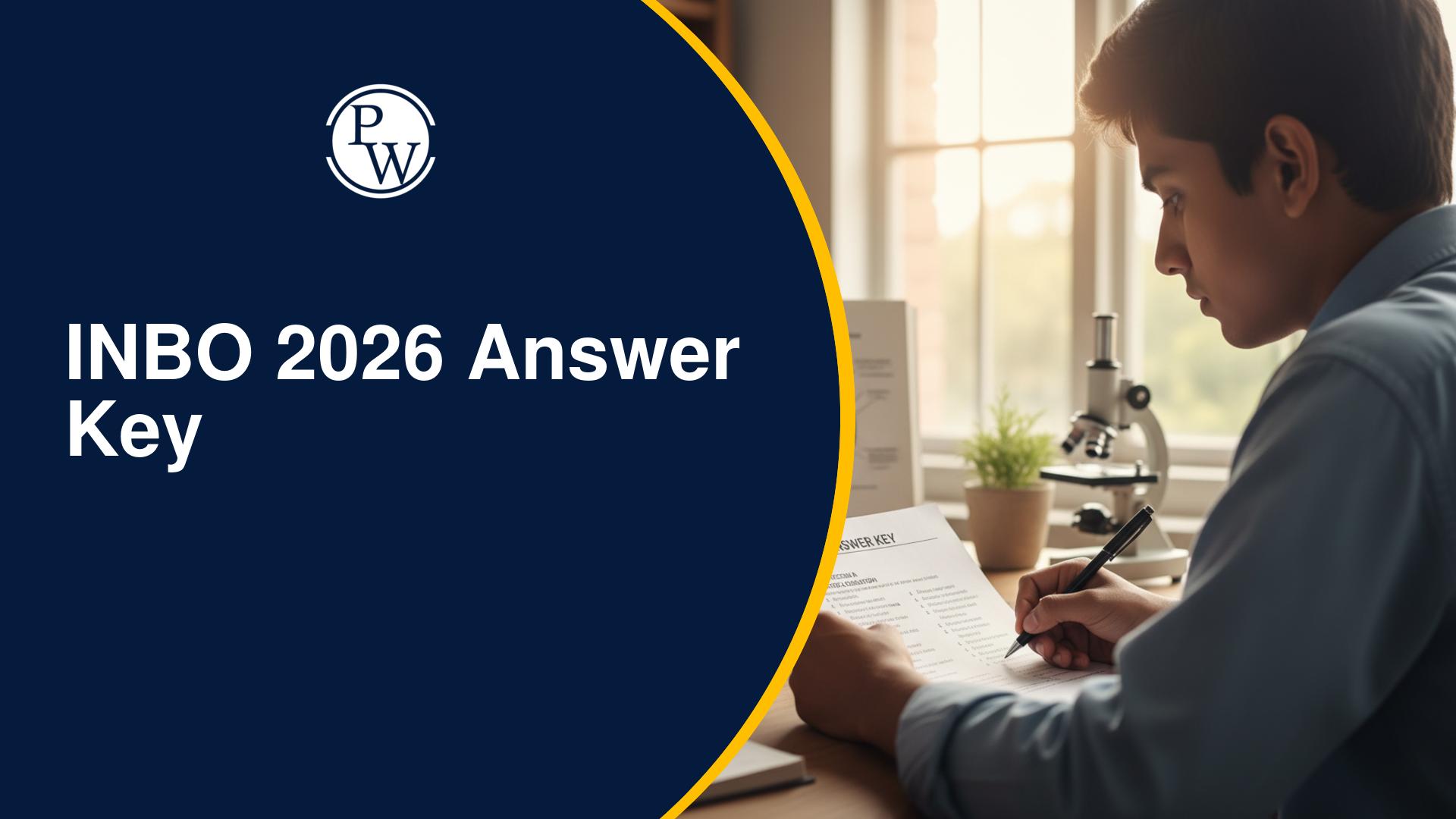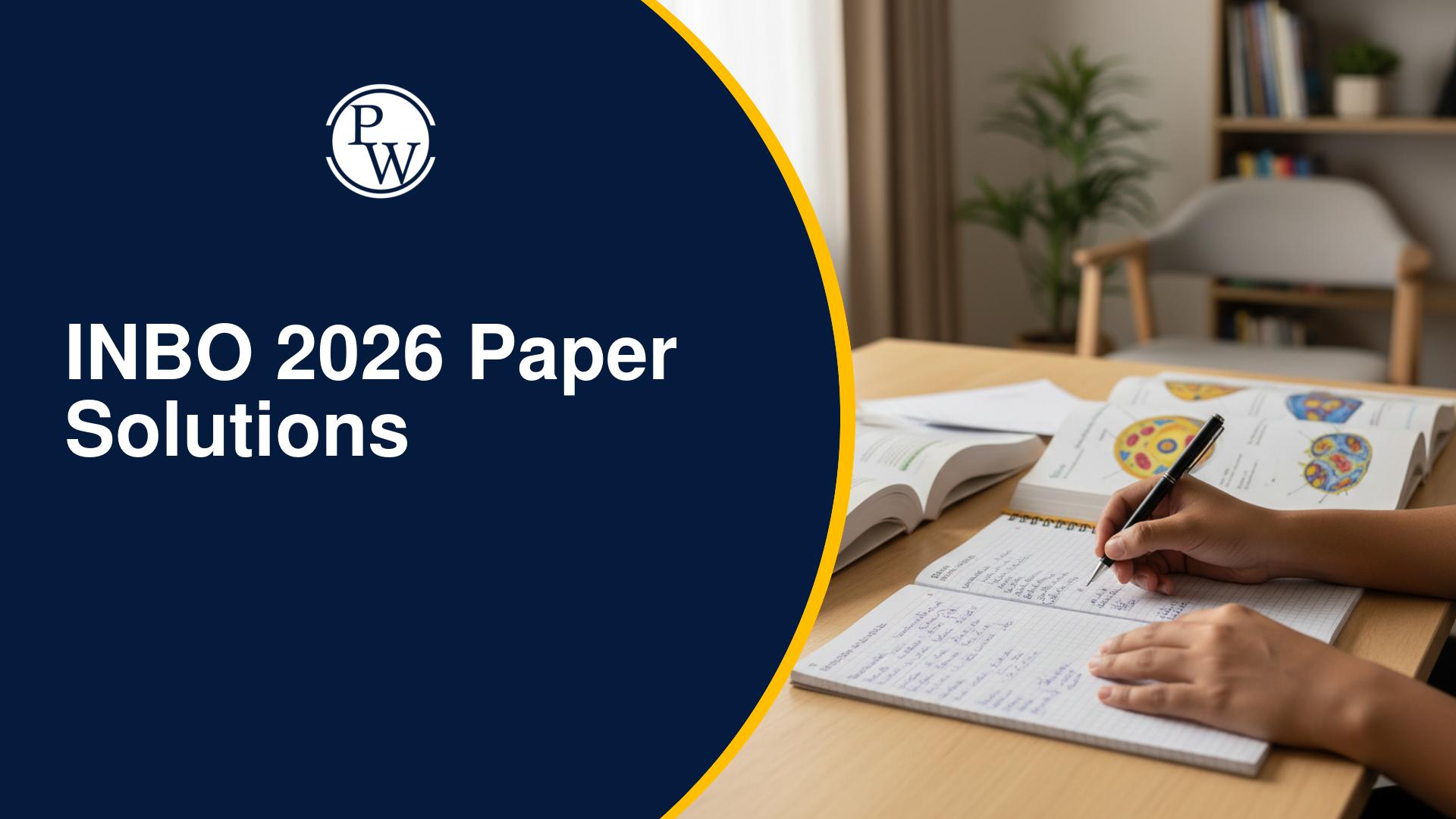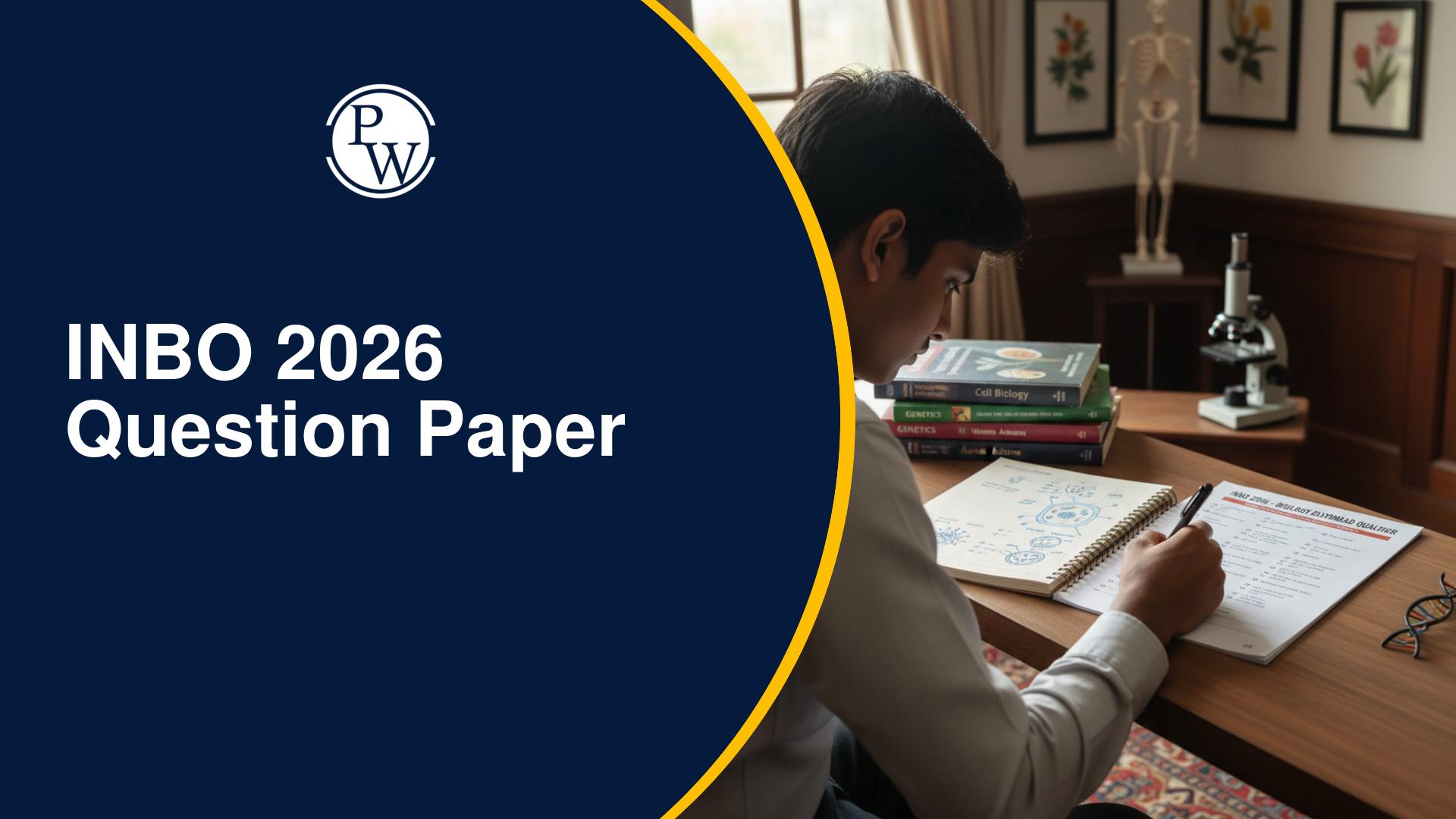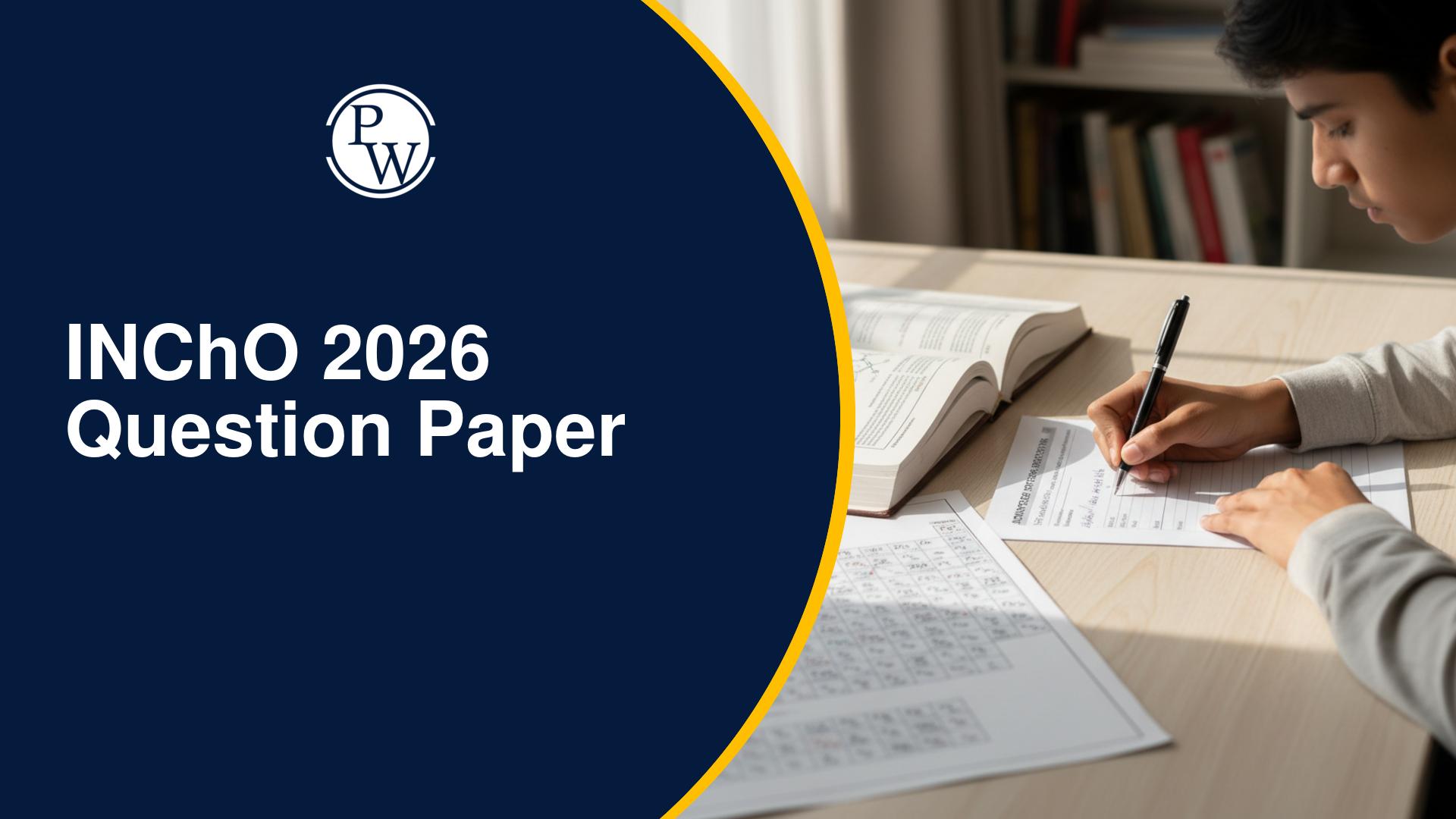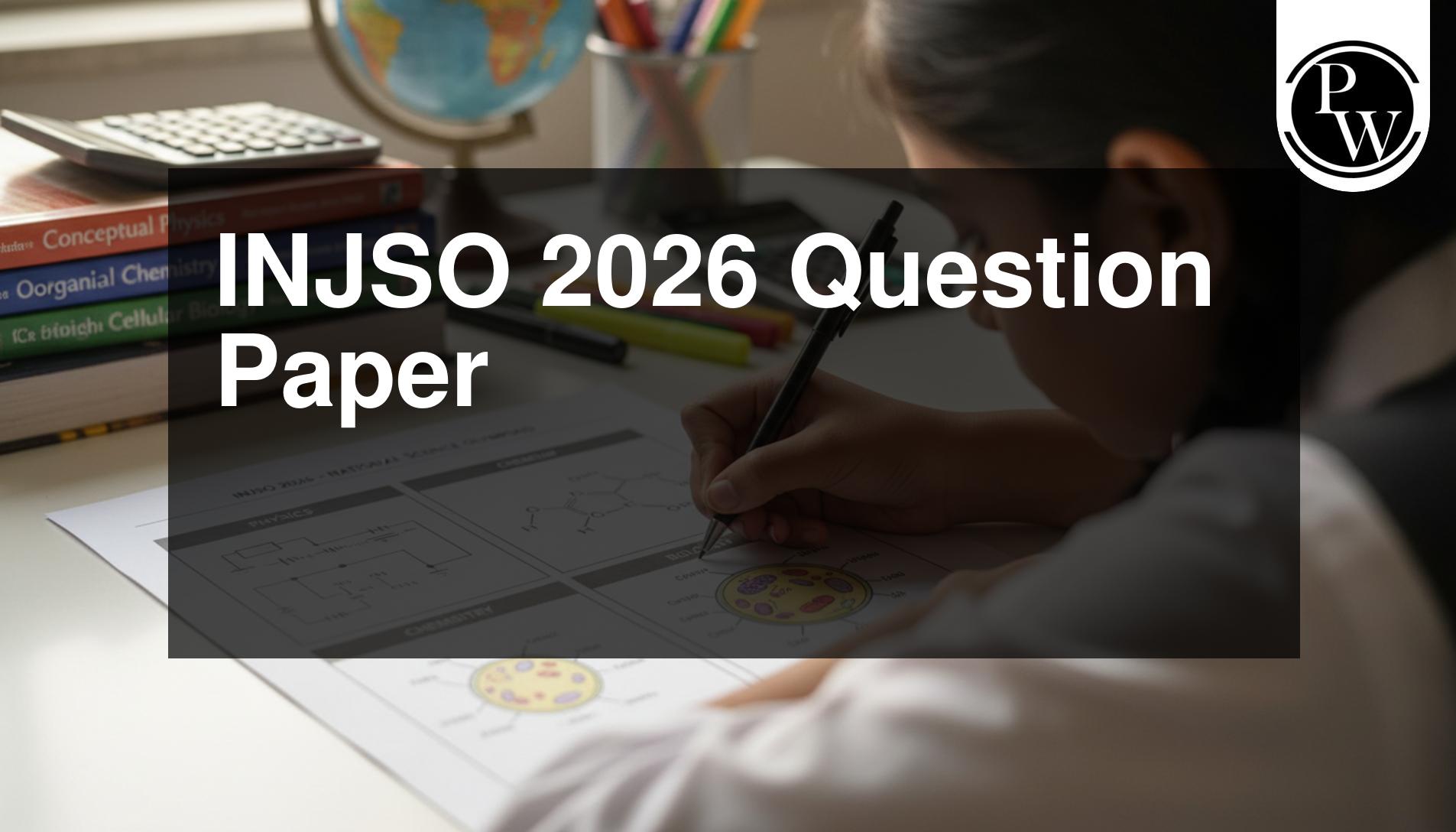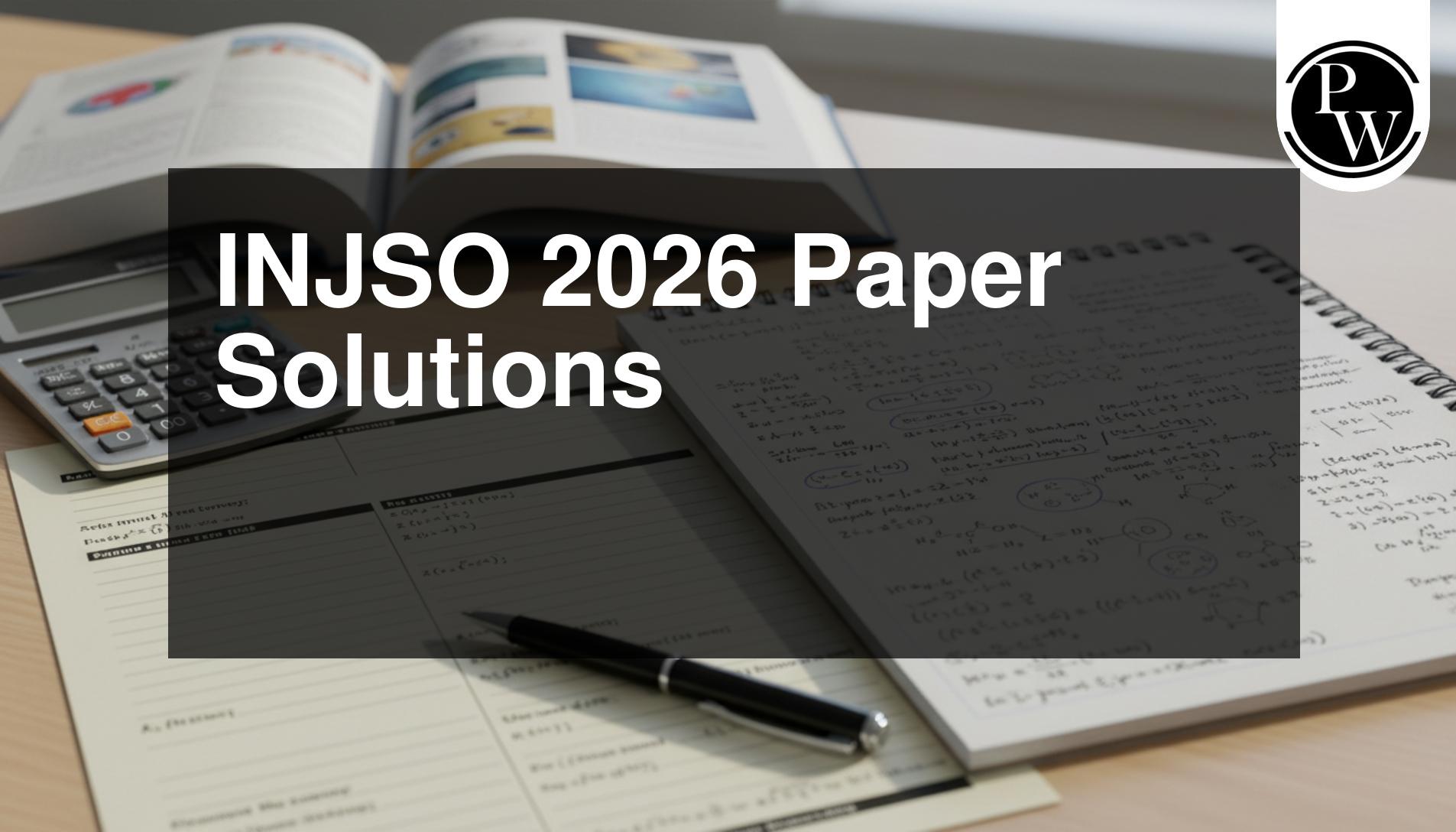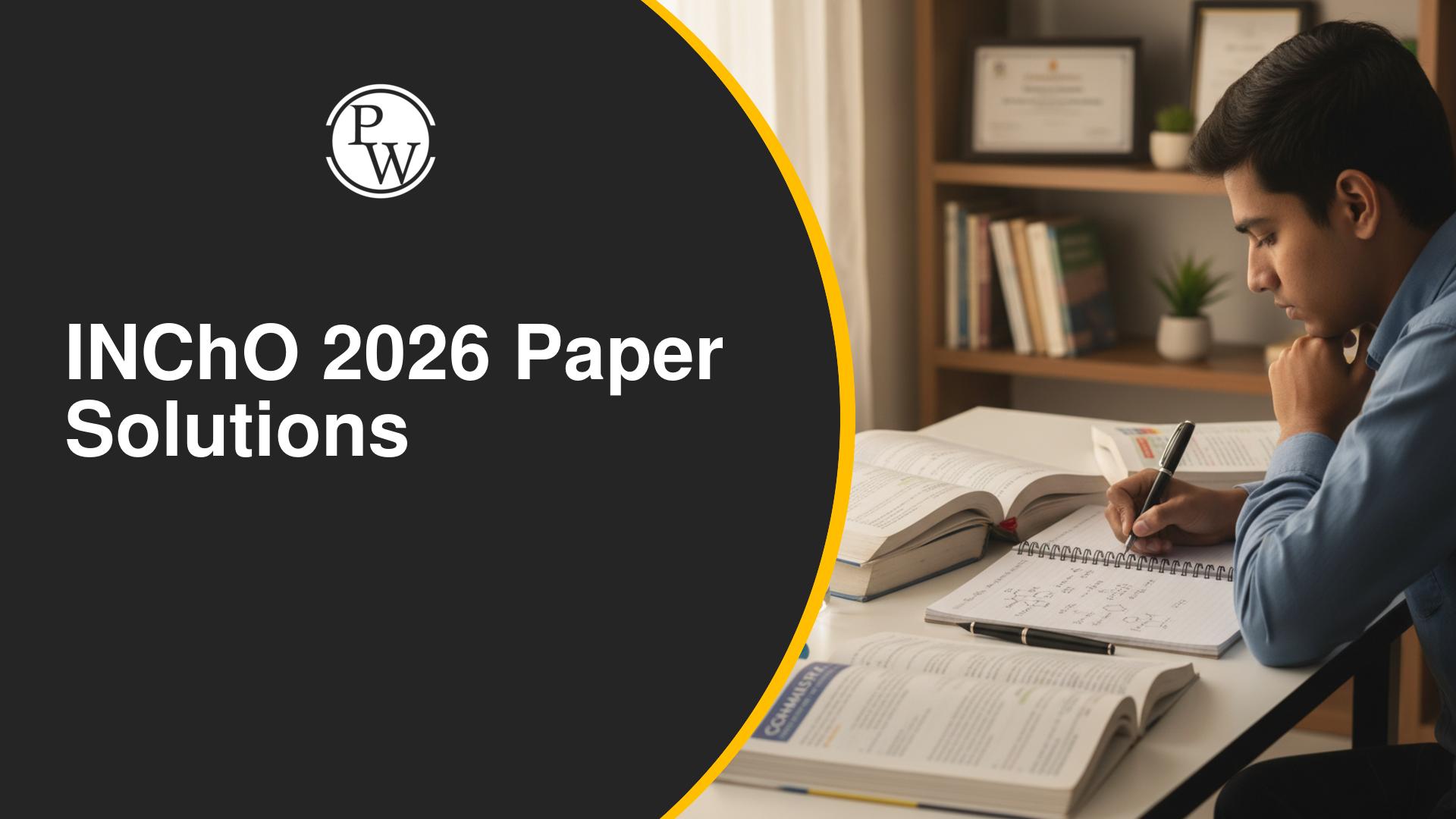
The Iranian Geometry Olympiad (IGO) is held every year for students who enjoy solving geometry problems. Unlike general math contests, the IGO focuses only on geometry, including shapes, angles, constructions, and proofs.
It gives students a chance to think logically, explore new ideas, and solve challenging problems that are not based on memorization but deep understanding.
Check: Olympiad Preperation Tips
Iranian Geometry Olympiad
Most math competitions cover many topics, but the IGO focuses only on geometry. That means it’s all about shapes, angles, lines, and proofs.
Students who join get a chance to think in smart and creative ways. It is not about memorizing formulas; it is about truly understanding how things work in geometry.
Iranian Geometry Olympiad registration 2025
The registration for the Iranian Geometry Olympiad (IGO) 2025 will be announced soon on the official website and through authorized coordinators like the Mathematics Teachers’ Association (India). Interested students from around the world can register online once the application window opens.
The registration process will include choosing your level (Elementary, Intermediate, Advanced, or Free Level), entering basic details, and selecting your exam center. Students are advised to regularly check for updates regarding important dates, guidelines, and eligibility to ensure timely registration.
History and Importance of Iranian Geometry Olympiad
The IGO started in 2007 to help high school students enjoy and learn more about geometry. It teaches students to think like geometers and apply what they know to solve real-life problems.
This Olympiad is important because it focuses deeply on geometry which is a key part of math. Geometry is used in many fields like engineering, architecture, physics and computer science.
So learning geometry well can open many doors for your future.
Eligibility Criteria for Iranian Geometry Olympiad (IGO)
The IGO welcomes students from all over the world. Whether you are still in school or just someone who enjoys solving geometry puzzles, you can join.
Levels for All Grades
-
Elementary Level – For students in Grades 7 and 8
-
Intermediate Level – For Grades 9 and 10
-
Advanced Level – For Grades 11 and 12
-
Free Level – Open to anyone, no matter their age or grade, even if they’re not in school anymore
Age and School Rules:
-
For the first three levels you must be under 20 years old on the contest day
-
You also should not be studying in a college or university
Open for Individuals
You don’t need to be part of any team. Students from any country can take the test individually and their scores are counted separately from national teams. It’s open to everyone.
Role of Organizers of Iranian Geometry Olympiad
The IGO is coordinated by the Mathematics Teachers’ Association (India), also called MTA(I). They handle everything from preparing questions to organizing test centers.
Each year they hold two key meetings:
-
Before the Contest: They plan the exam structure, select quality questions, set important dates, and make sure schools are informed.
-
After the Contest: They review how the Olympiad went, listen to feedback, and make improvements for the next year.
MTA(I) also shares updates about:
-
Registration process
-
Exam schedule and centers
-
Instructions for the day of the test
-
Answer keys and final results
Syllabus Information for Iranian Geometry Olympiad
The IGO doesn’t have a fixed syllabus. Instead of following school textbooks, it encourages students to explore more and learn in a fun way.
Here is what you should study: Basic Geometry – Triangles, circles, lines, angles
-
Geometric Proofs – Clear, step-by-step logical answers
-
Constructions – Drawing shapes using tools like a compass and ruler
-
Advanced Ideas – Like transformations (moving or flipping shapes) and projective geometry
How to Prepare for Iranian Geometry Olympiad?
Here are some simple tips to get ready:
-
Understand basic shapes, their properties, and how to write clear proofs step-by-step.
-
Practice solving many different geometry problems, including puzzles that need creative and logical thinking.
-
Studying with friends can help you find new solutions to problems and make learning enjoyable.
-
Take practice tests with a timer to improve your speed and accuracy.
Benefits of Joining Iranian Geometry Olympiad
Joining the IGO is a smart choice if you love math. Here is why:
-
You get better at geometry and solving problems.
-
Your confidence in math and logical thinking grows.
-
You can earn medals and certificates that look good on school or college applications.
-
It prepares you for bigger math contests in the future.
-
It helps you get ready for careers in fields like engineering, architecture, and science.
-
You meet other students who love geometry too.
-
It’s a fun and exciting way to learn more about math.
Iranian Geometry Olympiad FAQs
What is the Iranian Geometry Olympiad?
Who can take part in the IGO?
Is there a fixed syllabus for the IGO?
How can I prepare?
What benefits do I get from joining the Iranian Geometry Olympiad?

